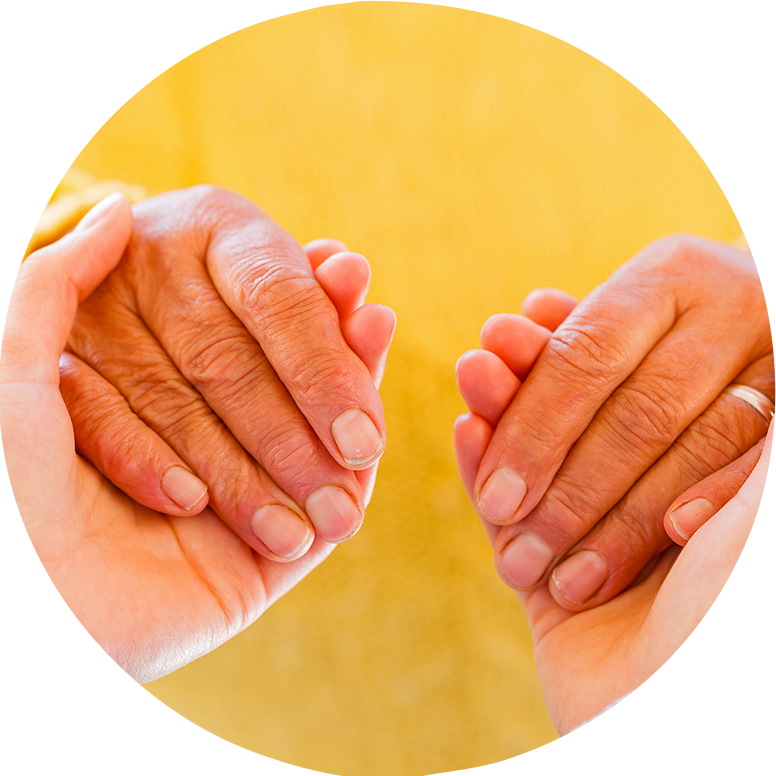Carer Support and Information
Services and support systems that are available for Carer’s
Services and support systems that are available for Carer’s
There is a range of carer support services available to help you get the practical, financial and emotional support that you may need.
It’s very important that as a carer, you also look after yourself and your general well-being.

The National Disability Insurance Scheme (NDIS) can help your loved one with the support they need to live a more independent life. Supports and services include:
NADO has many of these services available to people in Penrith and across Western Sydney. They can also refer you to the relevant external service.
There are also things that you can do to make your home safer and more comfortable for the person you care for. You may want to consider:
If the person you care for needs to be lifted, such as from a chair to a bed, then this can be a complex task. Back injuries are a common concern for carers. To make sure you’re lifting in the correct way:
You may also want to consider:
When you spend most of your time looking after other people it’s easy to forget to look after yourself too. But it’s really important, because unless you’re fit, healthy and relaxed you can’t do a great deal for others. Looking after yourself will help you keep going – even when times are tough.
It’s important to stay healthy for your own sake and because it helps you to continue giving quality care. Here are some tips to do this:
Yes. In fact, it’s very important to take a break from your caring responsibilities for a few hours or even a few days. Constantly caring without taking a break can be bad for your health. You should try to continue with activities you enjoy. Even though the many demands of caring may make it difficult to manage, it’s important that you follow your own interests outside your caring role. You might also like to practice relaxation. This doesn’t need to take long – even 15 minutes a day can do the trick.
What services can help?
Some of the services available to support you in your caring role may include: